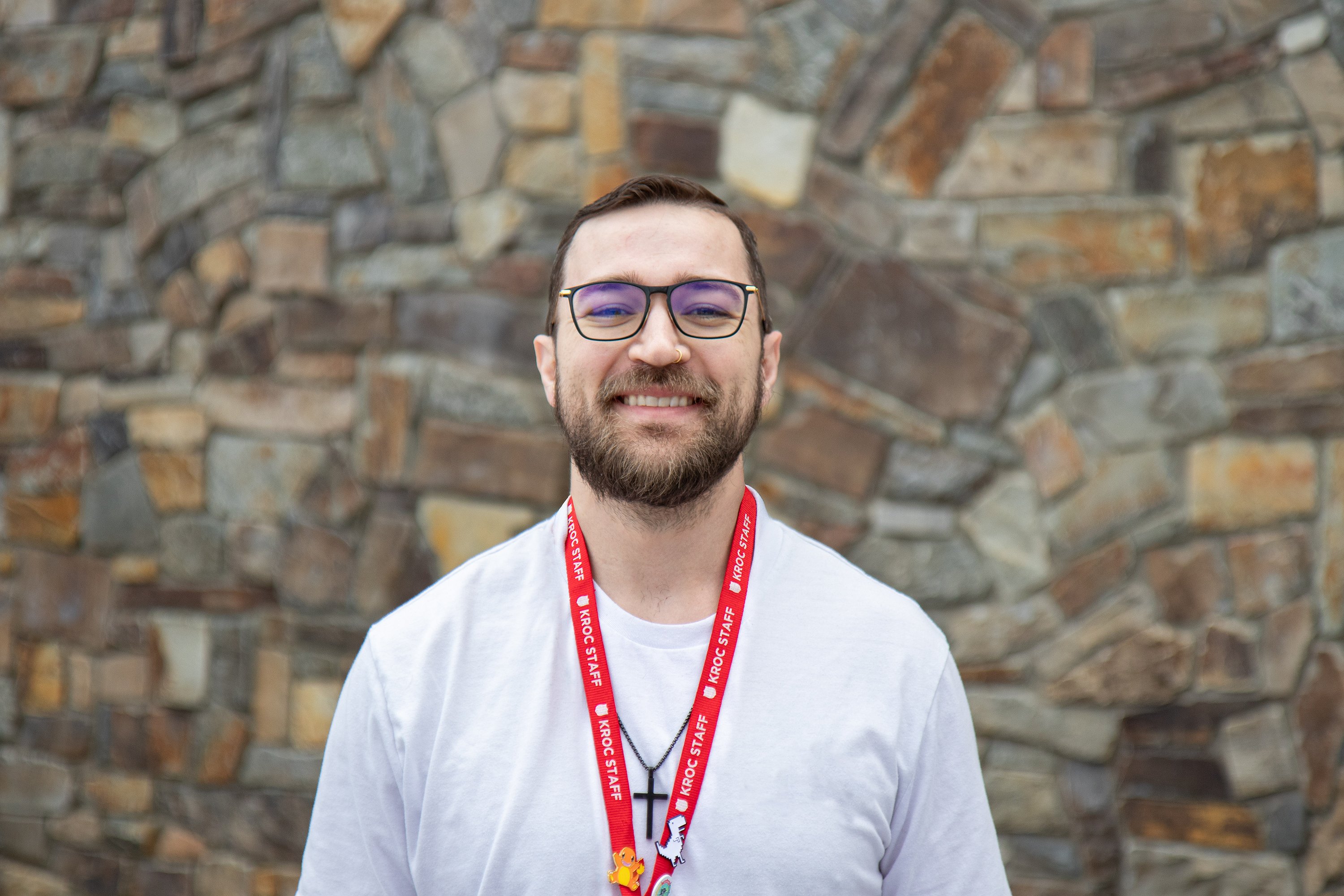Kroc Center helping meet kids' mental health needs
CAROLYN BOSTICK | Hagadone News Network | UPDATED 1 year, 11 months AGO
Carolyn Bostick has worked for the Coeur d’Alene Press since June 2023. She covers Shoshone County and Coeur d'Alene. Carolyn previously worked in Utica, New York at the Observer-Dispatch for almost seven years before briefly working at The Inquirer and Mirror in Nantucket, Massachusetts. Since she moved to the Pacific Northwest from upstate New York in 2021, she's performed with the Spokane Shakespeare Society for three summers. | December 28, 2023 1:09 AM
COEUR d’ALENE — When the Kroc Center opened in 2009, swimming lessons and safety were a community need the agency hoped to meet.
Likewise, in 2020, when the isolating effects of the pandemic were felt by people of all ages, mental health awareness started to be something Kroc Center staff began to consider tackling.
One of the main questions that most bothered Kroc Center Director Kip Sharbono was: How do we best serve the ALICE population? ALICE refers to asset limited, income constrained and employed.
“This isn’t a hospital, it’s not community health, it’s not private practice. This is something that’s unique overall. We know that sometimes something like this feels like a ripple in a pond,” Sharbono said.
His hope is that the recent addition of counselor Tyson Durbin to center staff will be a direct channel to start better addressing the regional need for more access to mental health.
Durbin started at the Kroc Center in 2009 as a camp counselor, but joined the team in a new capacity about a year ago as a mental health counselor. Through partnerships with nearby schools, it's been identified that local middle school students needed the most support. According to the Coeur d'Alene School District, Durbin will begin providing services at Woodland Middle School in January.
“The beauty of being at the Kroc Center is there is creativity in how we can provide support,” Durbin said.
One of the changes to mental health outreach for youth has been the creation of a mental awareness club weekly on Wednesdays that is free and geared toward middle school students. The group meets from 3:30 to 5 p.m. at the Kroc Center, and one of the primary things Durbin has been adamant about is having the kids identify what they need. After they run through mental health tools at the top of the club, the kids then decide if they want to keep talking about what’s on their minds or if they want to play. Sometimes they never even wind up playing games. Durbin is also working on completing his supervisor certification so as to be able to oversee interns in the near future.
In April, the Kroc Center was awarded a $7,500 grant from the Idaho Resilience Project to fund workshops and provide mental health services for children and parents of children ages 5 to 13, with ALICE families able to pay 15% of regular rates to receive counseling.
“We wanted to make sure that we weren’t just another offering in town that came in with the same price point. We have a role to play and it’s kind of a ‘it takes a village’ outlook. We know it’s kind of one day at a time and Tyson and I joke all the time how does it feel to build the plane as it’s flying,” Sharbono said.
This year, the Kroc Center is utilizing some of the funds from its annual Salvation Army Red Kettle fundraiser to fund a voucher program. Through that program the center is able to cover up to six months of counseling.
“Access to care doesn’t end with me, it extends into other agencies, too. If you need help accessing mental services, let’s talk about it,” Durbin said.
- How mental health vouchers work:
The Kroc created and designated funds for mental health vouchers to help overcome counseling barriers to care.
So far, vouchers have primarily been focused on helping people with part of the session fees. If someone is in need of mental health support or they're not sure where to start, they can schedule a free consultation with Durbin to go over presenting concerns, specify needs and then look at options for support through community resources, education or treatment services.
If one has insurance and would like to use it, Durbin is able to give referrals and connect that individual with local clinicians who accept that insurance. If insurance or finances are barriers to care, the voucher program uses community partnerships with local clinicians to provide weekly therapy sessions for up to six months.
Information: [email protected] or 208-763-0605.
ARTICLES BY CAROLYN BOSTICK

Falling tree kills man, knocks out power to 80K
At height of storm more than 80,000 were without power
The Wednesday morning windstorm that caused mass power outages for more than 80,000 households across North Idaho and Eastern Washington also led to the death of a Fernan Village man at a residence on Theis Drive.

Falling tree kills man
At height of storm more than 80,000 were without power
The Wednesday morning windstorm that caused mass power outages for more than 80,000 households across North Idaho and Eastern Washington also led to the death of a Fernan Village man at a residence on Theis Drive.

KCFR to end hazmat services
Rising costs, fewer calls cited
Kootenai County Fire and Rescue's board of commissioners voted Monday to discontinue the agreement to provide hazmat services for region one in North Idaho.



